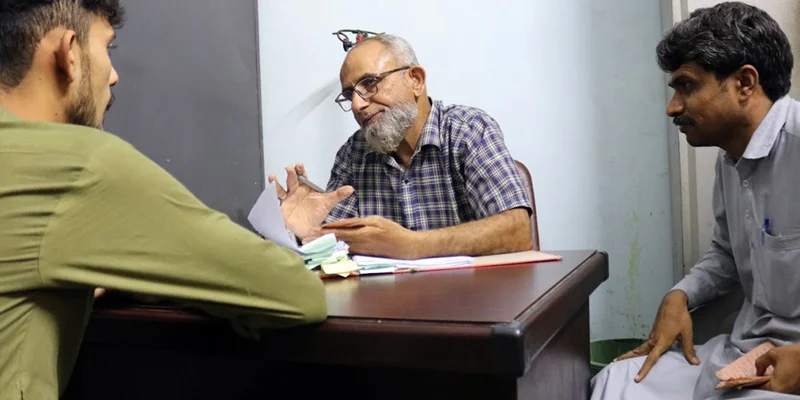Core Counseling
Treatment Strategies for Core Counseling should follow standardized treatment principles,
such as “the Principles of Drug Addiction Treatment layout by the National Institute on
Drug Abuse (NIDA), U.S.A.
According to NIDA, the general categories of treatment
programs should comprise of
- Detoxification and Medically Managed Withdrawal
- Outpatient Treatment Programs
- Long-Term or Short-Term Indoor Treatment (as required)
- Individualized Drug Counseling
- Group Counseling
- Structured Family Intervention
The strategies and structures of Core counseling have been made keeping in mind the needs of
the patient, their families, and the effectiveness of the programs. The program should offer
both long-term and short-term residential treatment programs as well as outpatient treatment
programs.
During the indoor treatment of a program, a patient and his family go through a
rigorous
curriculum to understand the recovery process. This training helps separately for the
patients and
their families. In reference to the core issues (addiction or mental illness), the patient
should
cover a variety of educational material and training. The patients learn 12-step concepts
and go
through emotional regulation sessions.
In the last month of their indoor treatment, their
focus is put extensively on relapse prevention. In brief, the program for indoor patients
includes training on the disease concept of what addiction or alcoholism is. The treatment
also includes core counseling of various psychiatric illnesses such as Schizophrenia,
Bipolar Disorder, Autism and ADHD in young children, Post Traumatic Stress Disorder, OCD,
etc. We are also masters at providing services regarding Marital Discord and
Home Runaway.

